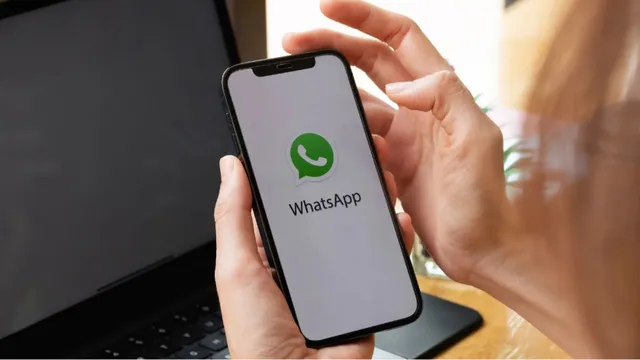- By Priyanka Koul
- Tue, 24 Jun 2025 05:25 PM (IST)
- Source:JND
In a significant blow to WhatsApp in its home country, the United States House of Representatives has prohibited the use of the messaging app on official government devices, citing serious cybersecurity concerns. The decision, driven by fears over data protection and transparency, was initially reported by Axios and later confirmed by Reuters. Meta, the parent company of WhatsApp, has strongly objected to the move.
A formal notice has been circulated to government staff instructing them to uninstall WhatsApp from all government-issued gadgets including laptops, smartphones, and tablets as well as their personal devices. The directive was conveyed via email by the Chief Administrative Officer (CAO).
According to the official communication, “Office of Cybersecurity has deemed WhatsApp a high risk to users due to the lack of transparency in how it protects user data, absence of stored data encryption, and potential security risks involved with its use.”
To ensure safer communication, House personnel have been advised to use alternative, more secure messaging platforms. These include Signal, Microsoft Teams, Apple’s iMessage and FaceTime, and Amazon’s encrypted app Wickr. Additionally, employees were urged to remain cautious of phishing messages and suspicious numbers.
Responding to the ban, Meta issued a sharp rebuttal. Company spokesperson Andy Stone told Axios, “We strongly disagree with this decision by the House Chief Administrative Officer.” He defended WhatsApp’s security features, stating, “Messages on WhatsApp are end-to-end encrypted by default, meaning only the receiver and the sender can see them, not even WhatsApp.”
ALSO READ: Bengaluru: EX-BJP MP Anant Kumar Hegde, Aides Booked For Assaulting Family In Road Rage Incident
Meta expressed hope that Congress would eventually review and reverse the ban, reinstating WhatsApp for official use.
This isn’t the first time Congress has taken action against tech apps over security concerns. In 2022, TikTok was similarly banned from government devices due to national security risks.
Separately, the growing apprehension surrounding mobile apps and surveillance was echoed internationally. Earlier this month, Iran also advised its citizens to delete WhatsApp amid escalating tensions with Israel. Iranian authorities suspect that sensitive information may be leaking through widely used apps like WhatsApp, which remains a dominant communication tool in the country.
ALSO READ: Rajasthan Shocker: French Tourist Raped By Event Firm Employee In Udaipur On Pretext Of Showing City
In January, WhatsApp had also flagged surveillance concerns, revealing that Israeli spyware firm Paragon Solutions had allegedly targeted several users, including journalists and civil society members—raising further alarms about the app’s vulnerabilities.

